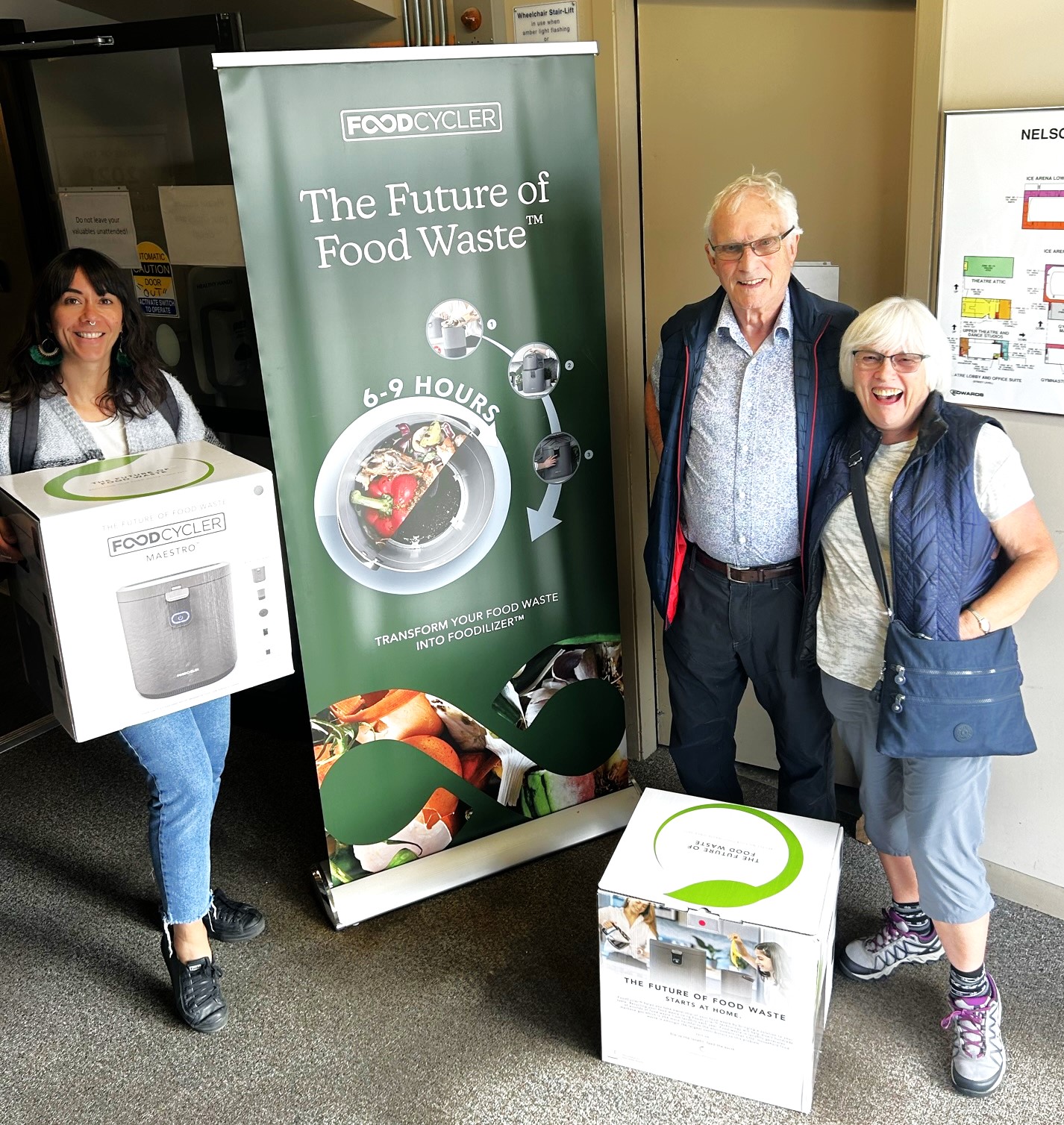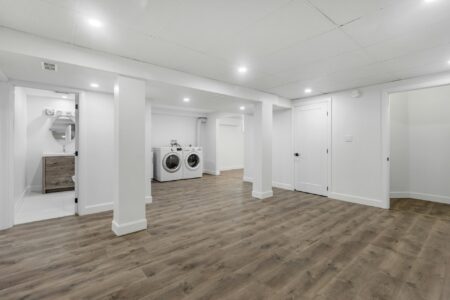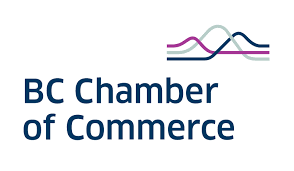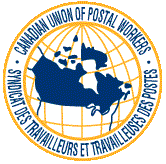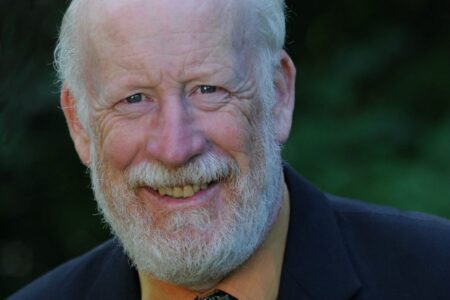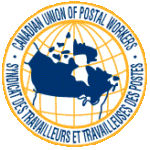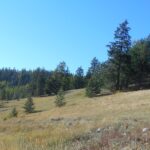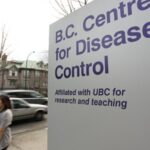Historic launch of Pre-Treated Organics program to touch down in Fairview
Nelson is about to make history.
The city is the first community to test pre-treating household food waste at a community level with the launch this week of the Pre-Treated Organics program.
In partnership with Food Cycle Science, the City has selected the Fairview neighbourhood as the pilot area for the program. The program will provide households with a FoodCycler™, an in-home appliance that diverts household food waste at the source.
“The FoodCycler™ is an innovative device that efficiently and quietly transforms food waste into a nutrient-rich soil amendment,” noted a press release from the City of Nelson.
“The Pre-Treated Organics program is set to transform how residents manage their food waste with numerous benefits, including cost savings, reduced landfill waste and its associated harmful greenhouse gas emissions, decreased wildlife encounters, and keeping our environment clean and healthy for future generations.
“By transforming our food waste into valuable soil amendment and keeping it out of the landfill, the Program supports the ambitious goals outlined in the Nelson Next Climate Plan and contributes to a safe and healthy community.
Kick off
A celebration launch event is scheduled for Oct. 4 from 7-8 p.m. at the Prestige Lakeside Resort, with doors opening at 6:30 p.m. The event is free of charge and open to the public.
The launch will include:
- informative sessions: residents will have the opportunity to learn more about the Pre-Treated Organics Program and how the FoodCycler™ will simplify household waste management;
- guest speakers: the event will include talks from local leaders, city officials, and project partners who will explain the importance of the program for Nelson’s future;
- interactive experience: attendees can explore the FoodCycler™ technology up close and discover how it can help reduce impact, enrich local soil, and promote healthy living.
Program partner, Food Cycle Science, will be at the event to answer questions and give demonstrations.
In the bin
In early August the Regional District of Central Kootenay board of directors approved funding for the City of Nelson’s two organics community drop-off bins, one Public Works hopper and installation — plus a 20 per cent contingency if required — up to a total cost of $38,155.38.
After a letter to the Joint Resource Recovery committee dated March 24, the recommendation from the committee was forwarded to the board for approval, to be paid out from Central Resource Recovery.
All material received in the bins that is not being used for City of Nelson municipal parks projects must be delivered to an RDCK facility, where it must be delivered in a “dry state.”
Starting the waive
On another organic-related note, the RDCK board approved a committee recommendation to direct regional district staff to initiate a pilot of the first organic container waived tipping fee and return to the Joint Resource Recovery Committee within three months to report on the program and obtain further direction.
Source: RDCK July 20 agenda
Let the composting begin
In May, the City opened the door to the next phase of residential composting with the approval for the launch of organics diversion pilot program, through an amendment to the Waste Management and Wildife Attractant Bylaw.
Using countertop appliances to pre-treat household organics, around 1,600 households in the Fairview neighbourhood of Nelson — as well as early adopters who took part in an earlier pilot program — were selected to form the core of the program.
“Over the next few months a vague launch of the home composting program — via the product called the FoodCycler — will begin with the first shipment of 1,600 home composting units before the end of the year,” said City climate and energy manager Carmen Procter, in her report to council.
A $700,000 “grant” was used to fund the program that takes home waste organic matter and turns it into material ready for composting. Organics are expected to be collected from Nelsonites once the program is fully operational, but it could be some time before that happens.
“This is one more piece of the puzzle to be inserted to move on and get the recyclers out the door and into a kitchen near you,” said Mayor Janice Morrison during the council meeting May 9 in council chambers.
Source: The Nelson Daily, May 9
Long time running
Four years ago the investigation into curbside compost collection in Nelson began, after the regional district brought forward the idea of diverting the waste.
An RDCK Joint Resource Recovery meeting that year revealed the opportunity to apply for funding through the provincial Organic Infrastructure Program Fund (OIP) to set up a regional composting program and a compost processing facility.
At the time the city disputed some of the assumptions the RDCK made around curbside collection without actually knowing the real consequence and circumstance in the city regarding garbage collection.
“I do not believe our community produces garbage at a rate similar to our neighbouring communities and they assume that we do without even knowing our community,” said Nelson city manager Kevin Cormack.
He thought the regional district should develop a study on how many people from Nelson were actually dumping garbage at the transfer station. The authors of the regional district report noted that the total tonnage of residential garbage collected at the curb in Nelson (626 tonnes in 2017) was low, as much as a third lower than neighbouring municipalities.
“This could be attributed to the proximity to the Grohman Narrows Transfer Station for residents who prefer to self-haul their garbage between the scheduled bi-weekly collection days, coupled with a reluctance to pre-purchase disposal tags and the bags,” the RDCK staff report at the time read.
Anecdotal evidence from transfer station staff estimated that over one third of users bringing household waste to the facility were Nelson residents, the regional district report noted.
“But that is pretty critical in a number of assumptions that they are making,” Cormack pointed out.
The discussion was the beginning of Nelson’s quest to deliver its own curbside service, and the regional district setting up its own region-wide service.
Source: The Nelson Daily, Oct. 26, 2022


